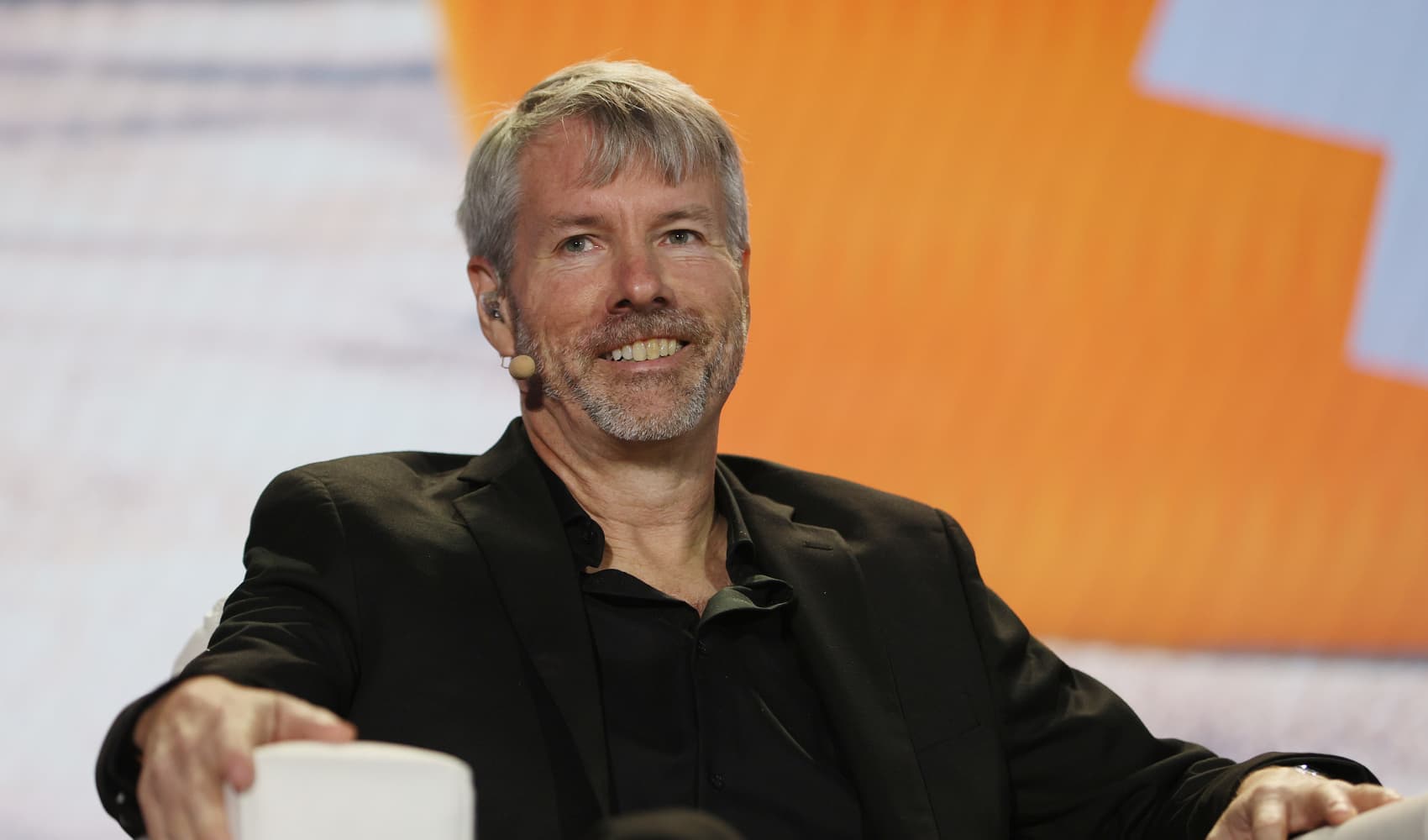
- "Students who are here and those who are thinking about their role in this: You are going to come out and just leapfrog over all of us," Vice President Kamala Harris told an audience at Georgia Institute of Technology in Atlanta.
- "Because, you know, especially for our younger leaders, the benefit that you have is you're not burdened by any question about, 'Is this real?'" Harris said.
- Climate is a pressing issue for young people: 59% of young people around the globe are "very or extremely worried" about climate change and 84% are at least "moderately worried," according to a 2021 survey of 10,000 people aged 16-25 years around the globe.
Young people who are considering careers in climate change work have a significant advantage over older generations because they will not have to invest the same amount of effort convincing people that human-caused climate change is a problem, Vice President Kamala Harris told an audience at the Georgia Institute of Technology in Atlanta.
"Students who are here and those who are thinking about their role in this: You are going to come out and just leapfrog over all of us," Harris said on Wednesday.
"Because, you know, especially for our younger leaders, the benefit that you have is you're not burdened by any question about, 'Is this real?'" she said.
That's not currently the case, Harris said. "That is great because we've been having to deal with some folks who just literally ... we're kind of like, 'Have you looked out the window?'"
Harris made the comments at the end of a moderated conversation about climate change with James Marshall Shepherd, a professor of geography and atmospheric sciences at the University of Georgia, the day after President Joe Biden delivered the State of the Union address.
"Let's all stay active in this and understand … this is the planet we've got. It is a precious place. It is — it is a place that we have a responsibility for taking care of, and that there is a whole lot of work that can be done," Harris said. "But the clock is not just ticking, it's, like, banging. It is requiring us to move quickly. But there is so much to be excited about in terms of what we can do."
Money Report
Younger people, especially Gen Zers and Millennials, are more likely than their older counterparts to think that responding to climate change should be a top priority for society and is a top priority for them personally, according to data from the Pew Research Center.
Another 2021 survey showed that 59% of young people aged 16 to 25 years old around the globe are "very or extremely worried" about climate change and 84% are at least "moderately worried."
Among other topics, Harris also spoke about electric vehicle and electric school bus use, water scarcity policy, and how climate change disproportionally impacts the most vulnerable people in society.
Access to clean water is also an issue of national security, Harris said.
"When we look at extreme climate, we see that we are experiencing drought around the world," she said. "If people don't have water where they live, they will leave where they live. If they cannot grow food where they live, they will leave where they live, and they will go to other places."
That migration, forced by climate change, may lead to conflict, she said.
"And if we think about this in the global perspective, and they will invariably go to places that speak a different language and pray to a different god. And what do you think might happen then? You're probably looking at the beginning of conflict," Harris said.






